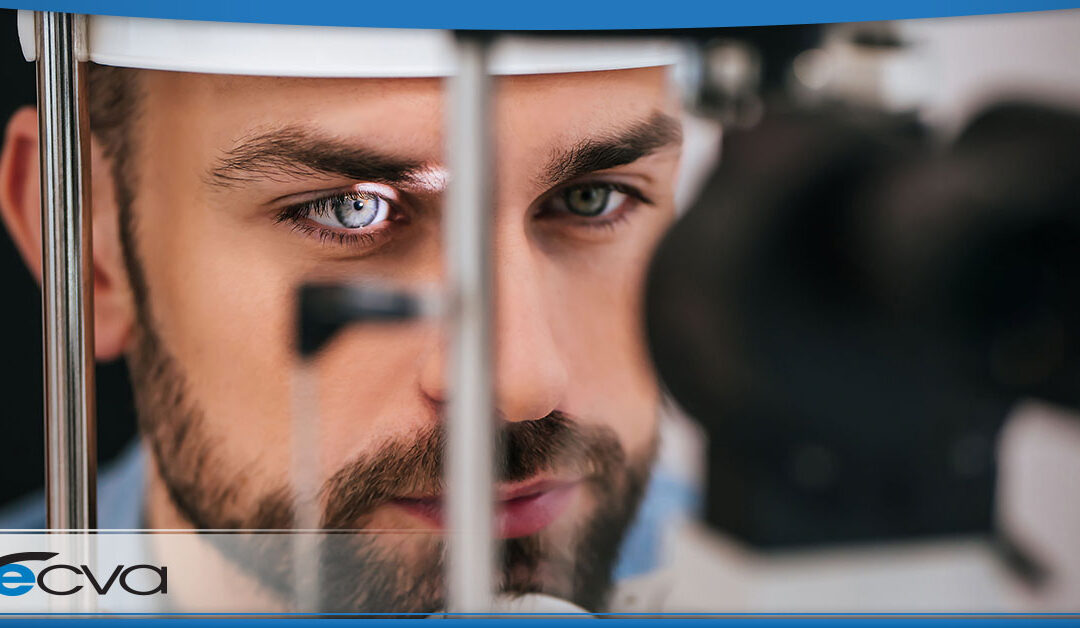
by ecvaeyeadminz | Jan 21, 2022 | Glaucoma
During January, we recognize Glaucoma Awareness month by taking a close look at the eye condition. While we addressed what the condition is in our Understanding Glaucoma article and outlined the various kinds in our piece about the Types of...

by ecvaeyeadminz | Jan 7, 2022 | Glaucoma
Glaucoma is a serious eye condition where fluid builds up in the eye, causing damage to the optic nerve. If not treated promptly, glaucoma can cause permanent vision loss, if not total blindness. That’s why early detection is crucial. By learning about the...




